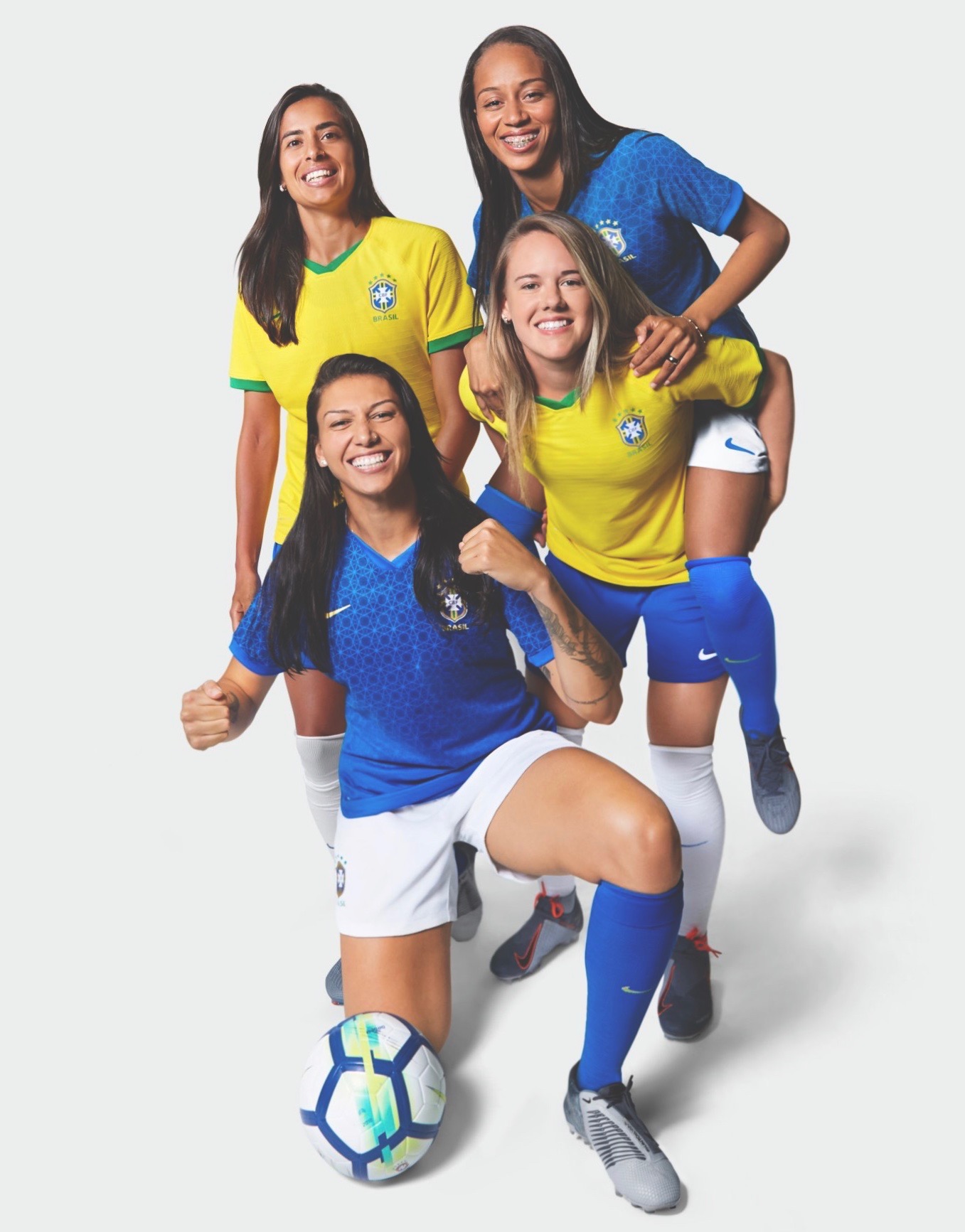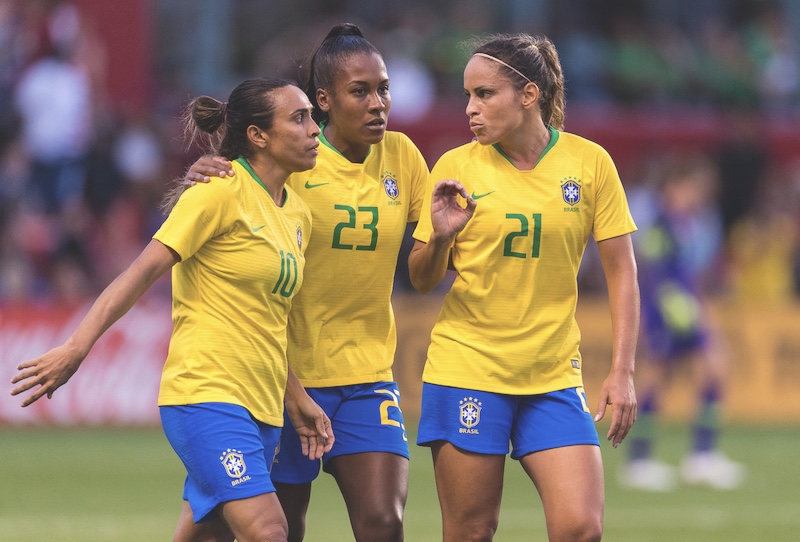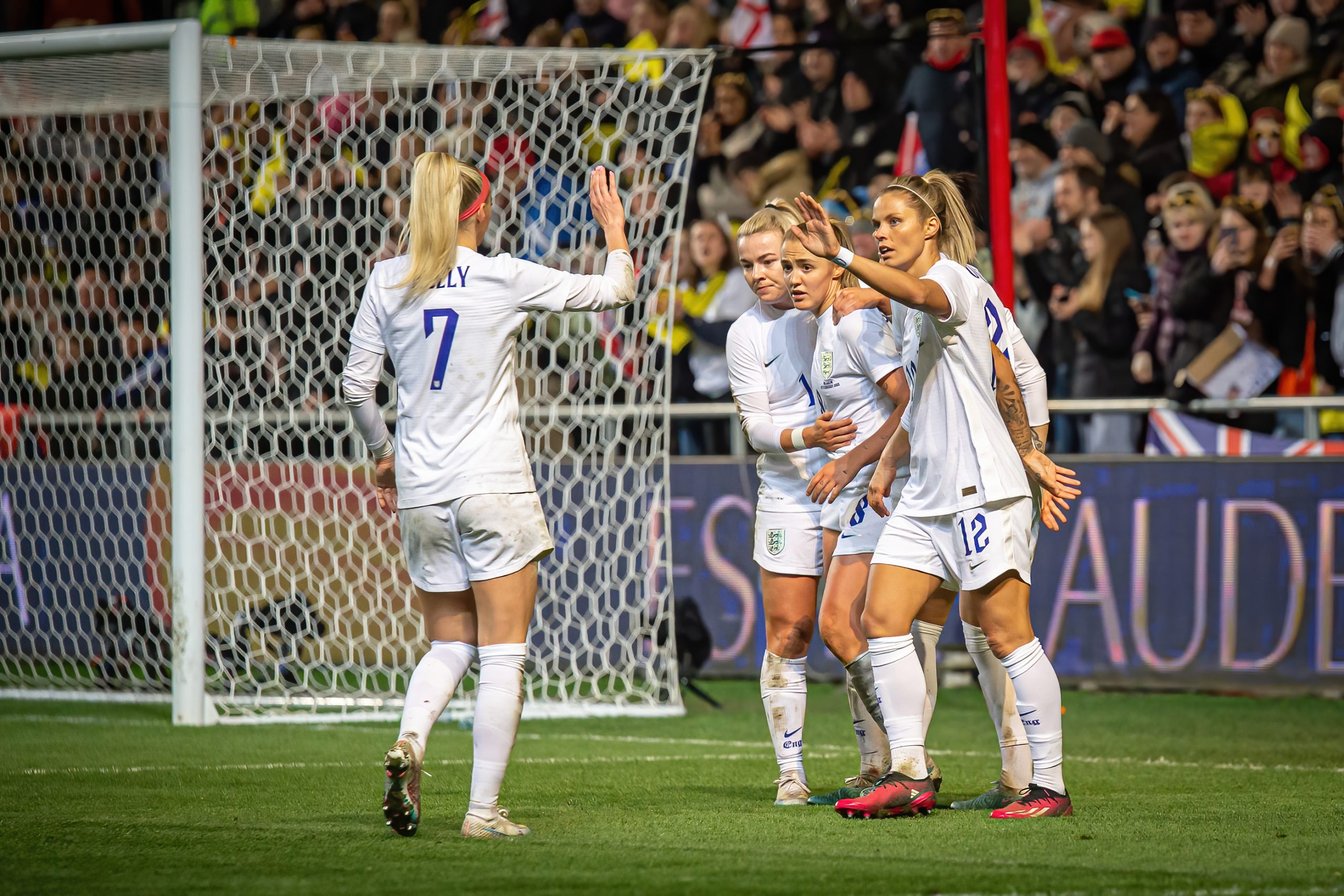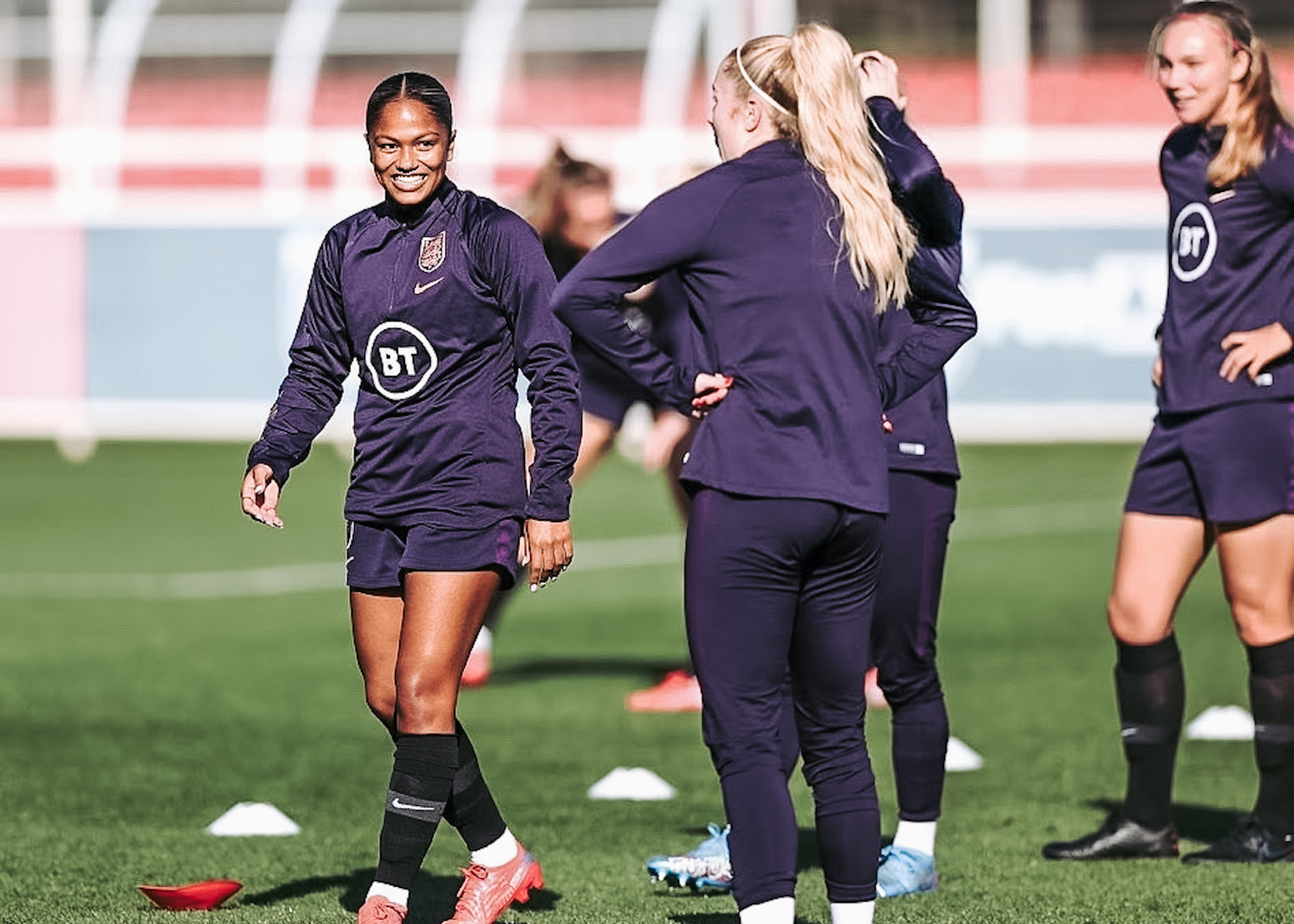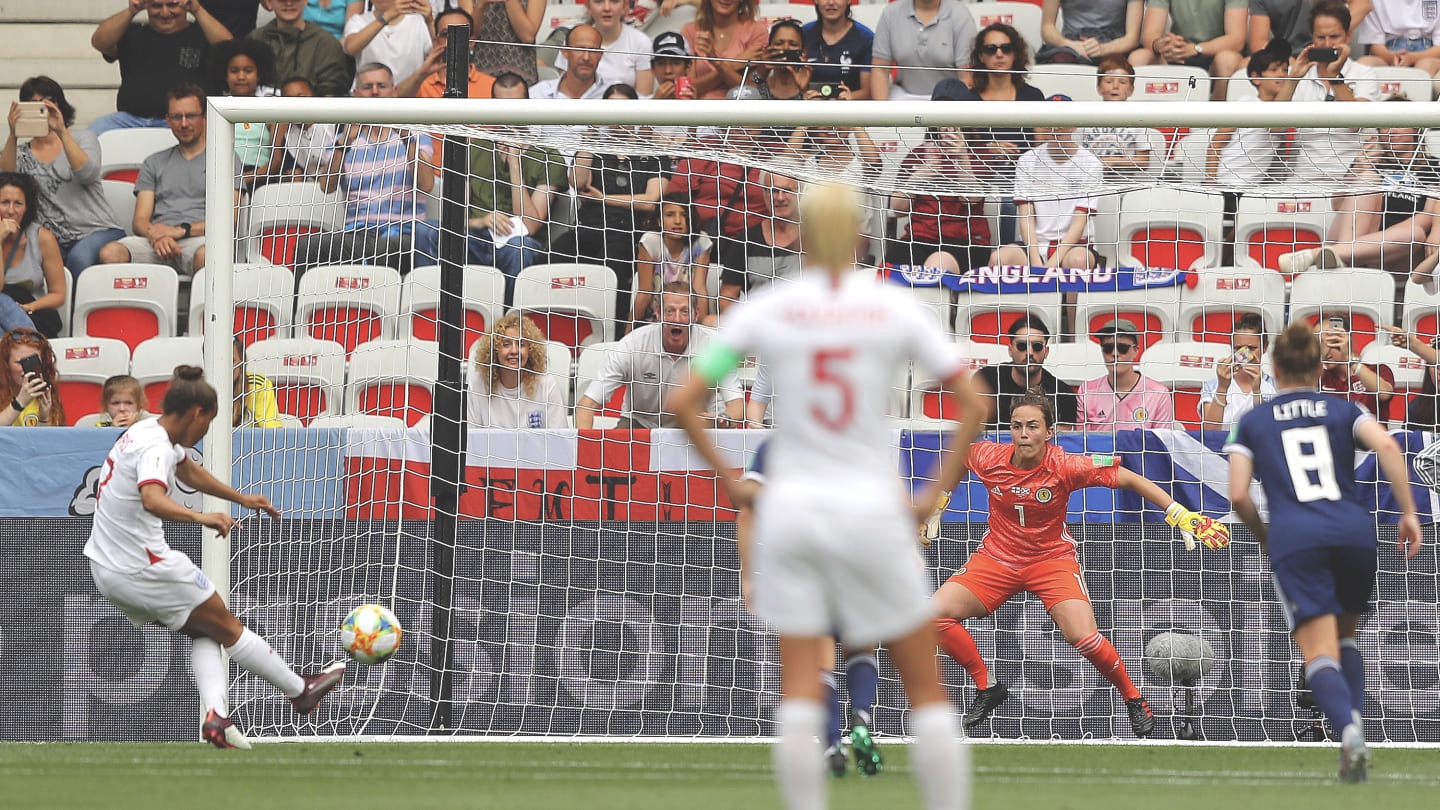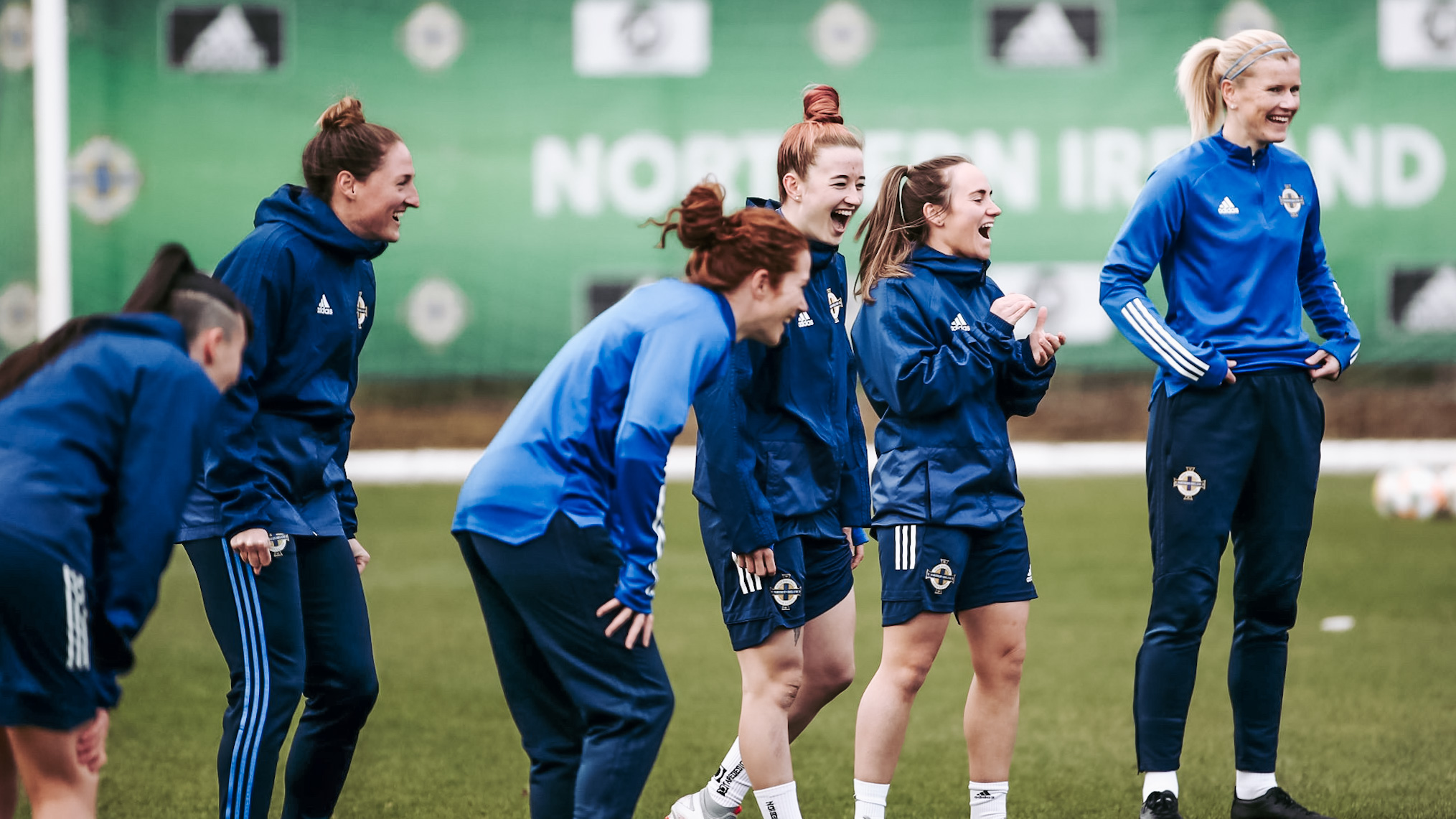A convincing Copa América Femenina campaign saw Brazil win the competition for the seventh time, securing their place at the World Cup in France and the 2020 Olympic Games in the process. It was a series of emphatic results for the South American team with victories against Argentina, Ecuador, Venezuela and Bolivia during the first stage; before beating Chile, Argentina and Columbia 3-0 in the final. It wasn’t just the victories that impressed though, it was the manner of them. Conceding just two goals, while scoring 31 times – from an impressive fourteen different scorers – the tournament was a success on just about every level, not just for Brazil, but the tournament itself.
Having navigated the Copa América successfully, Vadão’s second reign as Head Coach was looking very positive as the World Cup drew closer, but Brazil’s form since then has been anything but convincing. Having won just once and suffering ten defeats – including games against World Cup rivals England, Spain, Canada, Japan, USA and Scotland – their current losing streak is an uncharacteristic nine games in a row and a stark contrast from the Copa América months earlier. This could be interpreted as Brazil aren’t quite at the same level as the best teams in the world, and while it feels strange to paint a nation with such a rich history in football and World Ranking of 10th, their lowest ever ranking, as underdogs, that’s the situation they now find themselves in. The Brazilian national team and Head Coach, Vadão, face a tough task, but he remains optimistic while reminding the world that “Marta is still Marta, and she could make the difference in this World Cup.”
Brazil’s squad has been announced, and while she recently suffered an injury which she looks set to recover from in time for the Cup, it would be doing her a great disservice to focus on anyone other than Marta: the greatest to ever lace a pair of boots and play the beautiful game. For years Marta has been the face of women’s football, not just in her home country, but across the globe. She is a United Nations Goodwill Ambassador and has an extremely impressive playing history which includes: two Olympic silver medals, most goals in a World Cup (15), 110 international goals and being named FIFA World Player of the Year six times (finished in the top 3 an incredible twelve times).
At 33, this could be Orlando Pride striker’s final World Cup and while she is arguably past her prime, it would be naive to dismiss the talents of someone who has just about done it all.
Formiga is set to play in a record-setting seventh World Cup. At 41, she is Brazil’s most capped player (167) and while, like Marta, her best years on the pitch behind her, she offers invaluable experience to those around her.
Elsewhere in the squad, Beatriz was the country’s leading goal scorer during the qualification phase of the World Cup, netting six times; Cristiane continues to be an important player for the team, not only contributing with goals but also having developed a good understanding with Brazil’s star player over the years. Mônica, formerly of Orlando Pride, contributed at both ends during qualification, with the centre-back scoring four times.
The depth of talent is arguably greater than recent results suggest: Erika, Andressa and Debinha among other talented players in the Brazilian squad, it’s up to the players to be mentally strong to put recent disappointments behind them, and the manager to harness their talent.
With an average age of 28, it’s an experienced squad and they will need to draw on every minute of that experience to have a successful tournament. Otherwise they could experience a very early exit in France.
Brazil were drawn in Group C with Australia, Italy and Jamaica. Their first game of the tournament is against the Reggae Girlz on the 9th of June in Stade des Alpes, Grenoble.
